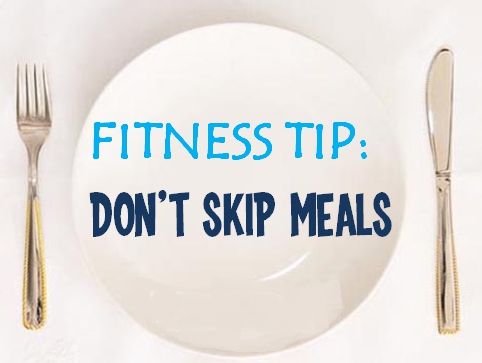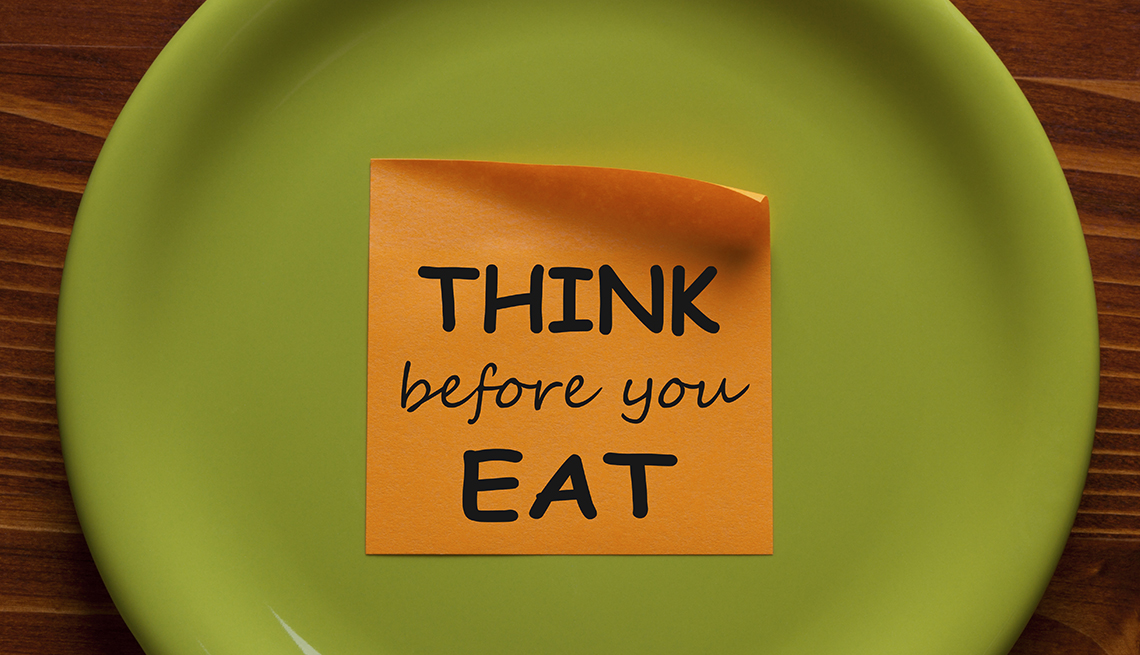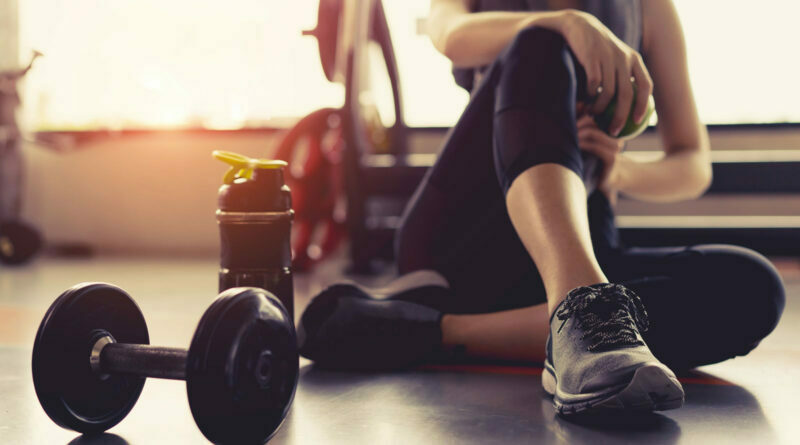7 Factors in Achieving Fitness Goals
Let’s face it: being healthy can be difficult, especially when there are so many factors at play that you have no control over. There are environmental factors to consider, such as pollution and the quality of food in your area, not to mention social factors, like family and coworkers who want to eat out all the time instead of cooking at home. You can’t control most of these factors, but you can control seven things that are within your power to change and that will help you achieve fitness and health.
1) Look at the bigger picture

Weight loss is an example of the way the fit and healthy lifestyle looks, not a specific event like shedding pounds. While the goal may be to drop pounds, it should also be part of a bigger plan that takes into account overall health. There’s no magic formula for achieving long-term success. Every individual has to figure out what’s best for him or her when considering fitness goals. What’s important is not how slowly you go, but that you don’t stop. Weight loss doesn’t happen in the gym; it starts in your head. Discipline, drive, and determination can do anything. Keep in mind that your body weight includes the mass of your body fat and a fat-free mass, or lean body mass – your muscles, bones, organs, and water. There’s a very real possibility that when you notice that you are losing weight but you look fatter, you have only lost water weight or muscle mass, or both.
2) Start eating mindfully

In order to maintain a healthy diet, eating in a mindful manner will help. While you’re eating, focus on only one food at a time and savor every bite by smelling it and chewing slowly. Pay attention to your food without distractions, such as television or conversations. Make sure to eat at least three substantial meals per day, and two healthy snacks each day. i typically eat breakfast within an hour of waking up, have lunch between noon and 2 p.m., and don’t eat any food at night. have dinner by 6 p.m.; a morning snack by 10:30 or 11 a.m. you can have a snack mid-afternoon around 3:30–4 p.m.; an evening meal after work; make sure to have a bedtime snack before you go to sleep to avoid forgetting to eat. Begin with a shopping list, food like green vegetables, dairy products, peanut butter, dried fruit like almonds and walnuts, and fresh fruit like apples and mangoes. Some people are focused on the importance of their own health, as well as that of their loved ones. But they may overlook whether they themselves may be making unhealthy decisions in how they conduct their day-to-day lives. There is a common misperception among members of society that overweight is an indication of poor health while underweight is proof of an individual’s good health.
3) Drink more water

To stay fit and healthy, it’s important to drink plenty of water. When you’re dehydrated, your heart has to work extra hard to pump blood through your body, which makes it tougher to exercise. Lack of water leads to rapid weight loss. Drink more water, eat more vegetables and fruits, take vitamins and supplements, go outside instead of sitting inside and do other things like these. These help you live a fit and healthy journey. It’s important to lose weight, but it’s just as important to stay physically attractive. In addition to that, you’ll feel less hungry and may even lose weight. Your stomach and bowels will most likely digest food better. In addition, there will be less digestive issues, such as heartburn and constipation. Your teeth and gums will be healthier and your health in general will be better. Getting enough water is important for the maintenance of your health. Drinking water can prevent dehydration, which is characterized by unclear thinking, mood changes, and body heat, as well as chronic constipation and kidney stones.
4) Don’t skip meals

Most diets that are easy to follow involve maintaining a healthy balance of proteins, carbohydrates, fats, vitamins, minerals, and fluids. It is important to consider what you eat on a daily basis. not just for a day or two out of the week. Keep yourself hydrated with water when you are planning what to eat and what to drink. So carrying around a water bottle with you can help prevent unhealthy snacking when you get hungry. It can force you to stop to eat instead of turning to something quick like chips. Missing meals can lead to irritability, confusion, and fatigue. Skipping meals slows down your metabolism, which may result in weight gain, or make it more difficult to lose weight. Anecdotally, people may choose to skip dinner while they are losing weight, which may help with your efforts to reduce weight. Not eating dinner could lead to nutritional deficiency, but nowadays, breakfast is the most popular meal to skip.
5) Think about what you eat

What’s the first thing on your list of fitness things to do? Eating right is always at the top. You can’t make up for a bad diet with exercise. Balancing what you eat is the key to success in both weight loss and performance. You should consider incorporating more fresh fruits, vegetables, whole grains, lean meats, and fiber-rich foods into your diet so that you’re eating from all the food groups. Additionally, you might lose weight this way, too! It is in fact true that what you eat not only impacts how you think and perform, but that nutrition and mental health influence each other. It’s proven that dietary patterns impact the quality of your mental health and mind.
7) Eat whole foods more often

Whole, natural foods tend to be higher in fiber, which means they keep you fuller for longer. If your diet relies heavily on processed or pre-packaged snacks like granola bars or trail mix, it’s time to make some changes. Start by looking at ingredients lists; if you see anything other than a fruit or vegetable listed as one of the first items, then that food is probably not something you should be eating very often. Swap out these processed foods for whole fruits and vegetables—preferably fresh, but frozen works too—to get more fiber into your diet. You might just lose weight without trying!
8) Stay quench!

We have many distractions in our lives: cell phones, email, and trying to do many things at once. Fortunately, our bodies don’t work that way. Research suggests that when we try to pay attention to two things at once, we are worse at both. The next time you go out for lunch or have dinner at a friend’s house, switch off your phone and put it away before sitting down to eat. Your body will thank you. Never wait to get thirsty to drink! By the time you feel thirsty, you’re already slightly dehydrated. When it gets too hot, stay inside.
9) Avoid distractions while eating

It’s easy to be distracted at your desk by e-mail or a phone call when you’re eating, so take at least 20 minutes of your lunch break to eat away from your computer. But more and more research shows that eating slowly can help people feel fuller for longer. Ease up on processed foods, instead eat healthy and whole foods. As science changes our knowledge about what we eat, the way we approach nutrition is shifting. Mindful eating, where one is aware of when to stop eating, could lead to weight loss.




